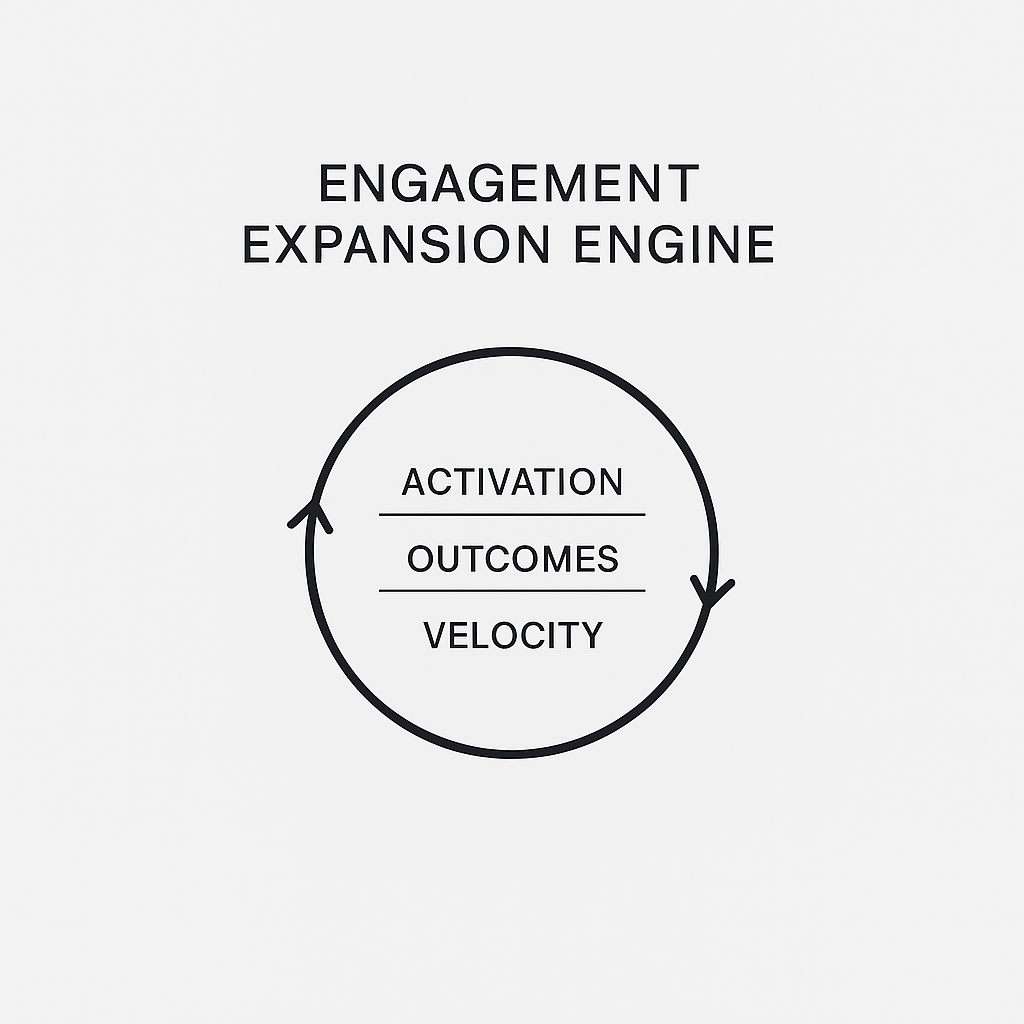What women’s sports fans really want
Something powerful is unfolding in women’s sports, and it’s being driven by the fans. They’re not asking for more flashy campaigns or superficial endorsements. They’re calling for something deeper: genuine, athlete-led engagement that reflects the values they believe in. In an era of constant noise, what they’re truly seeking is trust—in the athletes, in the brands, and in the stories being told. This latest U.S. Women’s Sports Report from Parity dives deep into the fandom, perception, and commercial landscape of women’s sports and reveals one central truth: Trust is the defining currency of this movement. The trust factor is rising fast For years, professional women athletes have carried the torch of authenticity. They’ve spoken out on social issues, built communities online, and connected with fans through their personal stories and values. Today, that authenticity is paying dividends—not just in follower counts, but in consumer trust. Our latest data shows that 68% of all U.S. sports fans—not just women’s sports fans—say they trust professional women athletes. That number jumps to 74% among men who watch women’s sports, and 84% among daily or weekly viewers. Perhaps most surprising: Even among American sports fans who say they never watch women’s sports, trust is surging. A whopping 58% of these “never-watchers” trust women athletes, up six points from last year. This matters. Because in a fragmented media environment where consumer attention is scarce, trust is what cuts through the noise. Trust makes fans more likely to pay attention to your message. Trust makes them more likely to buy. When a woman athlete promotes a product, fans believe she genuinely supports it. That’s not just a feel-good narrative—it’s a performance indicator for any brand trying to build equity in 2025. Fans want brands that get it Sponsorship in women’s sports isn’t just about slapping a logo on a jersey or airing a pre-roll ad. According to our findings, fans are looking for brands to show up in ways that matter—to be part of the story, not a sales pitch. What does that look like in practice? It means partnering directly with athletes and empowering them to tell stories. It means doing your homework to find the right athlete match. It means investing in content that feels real, not overly produced. It means prioritizing causes that athletes and fans care about and using your platform to support them. In other words, it means moving beyond transactional sponsorship toward transformational partnership. And yes, it also means backing up your brand values with measurable action. In an era where fans are increasingly savvy, performative allyship doesn’t cut it. The fan base is surging and shifting Beyond trust, the 2025 report confirms an evolution in fandom that many in the industry have felt coming. Viewership is climbing, but the real story is who’s tuning in. Younger audiences, multicultural fans, and even self-described casual viewers are engaging more than ever. And they’re doing more than watching—they’re buying the merch, sharing highlights and content, and showing up in person. Fandom is also becoming more localized and loyal. As new teams continue to debut and leagues expand, regional pride is taking hold. For brands, this opens the door to connect not just at scale, but meaningfully within communities—through the athletes and teams their fans care about most. The competitive landscape is getting smarter In a maturing market, not all brands are moving at the same pace. Leaders in apparel, health and beauty, and food and beverage are already raising the bar. They’re treating women’s sports not as a side project but as a core brand pillar. They’re allocating real dollars, innovating around athlete collaborations, and tracking impact in real-time. Other categories that women’s sports fans are most interested in seeing step up: Travel among women watchers, and technology among men who watch. Let’s be clear: This has never been just about doing the right thing. It’s about smart, strategic business. Brands that commit early to women’s sports stand to win the hearts—and wallets—of fans who are paying close attention to who’s showing up. But with rising consumer expectations, the margin for error is slim. If you’re not showing up authentically, fans will notice. And they’ll move on. What this means for brands So what do fans really want from brands in women’s sports? They want trust—earned through consistent, credible athlete partnerships. They want authenticity—real stories from real athletes, not ad speak. They want action—support that drives visibility, investment, and change. They want presence—brands that show up locally, passionately, and with purpose. And they want commitment—not just one campaign, but a long-term vision. At Parity, we work with hundreds of professional women athletes, and we see this every day. When brands show up with r

Something powerful is unfolding in women’s sports, and it’s being driven by the fans. They’re not asking for more flashy campaigns or superficial endorsements. They’re calling for something deeper: genuine, athlete-led engagement that reflects the values they believe in. In an era of constant noise, what they’re truly seeking is trust—in the athletes, in the brands, and in the stories being told.
This latest U.S. Women’s Sports Report from Parity dives deep into the fandom, perception, and commercial landscape of women’s sports and reveals one central truth: Trust is the defining currency of this movement.
The trust factor is rising fast
For years, professional women athletes have carried the torch of authenticity. They’ve spoken out on social issues, built communities online, and connected with fans through their personal stories and values. Today, that authenticity is paying dividends—not just in follower counts, but in consumer trust.
Our latest data shows that 68% of all U.S. sports fans—not just women’s sports fans—say they trust professional women athletes. That number jumps to 74% among men who watch women’s sports, and 84% among daily or weekly viewers. Perhaps most surprising: Even among American sports fans who say they never watch women’s sports, trust is surging. A whopping 58% of these “never-watchers” trust women athletes, up six points from last year.
This matters. Because in a fragmented media environment where consumer attention is scarce, trust is what cuts through the noise. Trust makes fans more likely to pay attention to your message. Trust makes them more likely to buy.
When a woman athlete promotes a product, fans believe she genuinely supports it. That’s not just a feel-good narrative—it’s a performance indicator for any brand trying to build equity in 2025.
Fans want brands that get it
Sponsorship in women’s sports isn’t just about slapping a logo on a jersey or airing a pre-roll ad. According to our findings, fans are looking for brands to show up in ways that matter—to be part of the story, not a sales pitch.
What does that look like in practice?
It means partnering directly with athletes and empowering them to tell stories. It means doing your homework to find the right athlete match. It means investing in content that feels real, not overly produced. It means prioritizing causes that athletes and fans care about and using your platform to support them.
In other words, it means moving beyond transactional sponsorship toward transformational partnership.
And yes, it also means backing up your brand values with measurable action. In an era where fans are increasingly savvy, performative allyship doesn’t cut it.
The fan base is surging and shifting
Beyond trust, the 2025 report confirms an evolution in fandom that many in the industry have felt coming.
Viewership is climbing, but the real story is who’s tuning in. Younger audiences, multicultural fans, and even self-described casual viewers are engaging more than ever. And they’re doing more than watching—they’re buying the merch, sharing highlights and content, and showing up in person.
Fandom is also becoming more localized and loyal. As new teams continue to debut and leagues expand, regional pride is taking hold. For brands, this opens the door to connect not just at scale, but meaningfully within communities—through the athletes and teams their fans care about most.
The competitive landscape is getting smarter
In a maturing market, not all brands are moving at the same pace. Leaders in apparel, health and beauty, and food and beverage are already raising the bar. They’re treating women’s sports not as a side project but as a core brand pillar. They’re allocating real dollars, innovating around athlete collaborations, and tracking impact in real-time. Other categories that women’s sports fans are most interested in seeing step up: Travel among women watchers, and technology among men who watch.
Let’s be clear: This has never been just about doing the right thing. It’s about smart, strategic business. Brands that commit early to women’s sports stand to win the hearts—and wallets—of fans who are paying close attention to who’s showing up.
But with rising consumer expectations, the margin for error is slim. If you’re not showing up authentically, fans will notice. And they’ll move on.
What this means for brands
So what do fans really want from brands in women’s sports?
- They want trust—earned through consistent, credible athlete partnerships.
- They want authenticity—real stories from real athletes, not ad speak.
- They want action—support that drives visibility, investment, and change.
- They want presence—brands that show up locally, passionately, and with purpose.
- And they want commitment—not just one campaign, but a long-term vision.
At Parity, we work with hundreds of professional women athletes, and we see this every day. When brands show up with respect, integrity, and shared purpose, the impact is exponential. Fans take notice. Athletes engage more deeply. And everyone wins.
The moment is here
If your brand isn’t already investing in women’s sports, the window is still open. The fan base is here. The athletes are ready. The trust is high.
The question is: Will you meet the moment?
Because in 2025, trust is not just a value. It’s a strategic foundation. And in women’s sports, it might just be your competitive edge.
Leela Srinivasan is CEO of Parity.




































































![https //g.co/recover for help [1-866-719-1006]](https://newsquo.com/uploads/images/202506/image_430x256_684949454da3e.jpg)

























![How Smart PMs Scale Their Careers in Any Org [TPG Live Recap]](https://tpgblog.com/wp-content/uploads/2025/06/2025-06-12-thumbnail-action.png?#)



















































